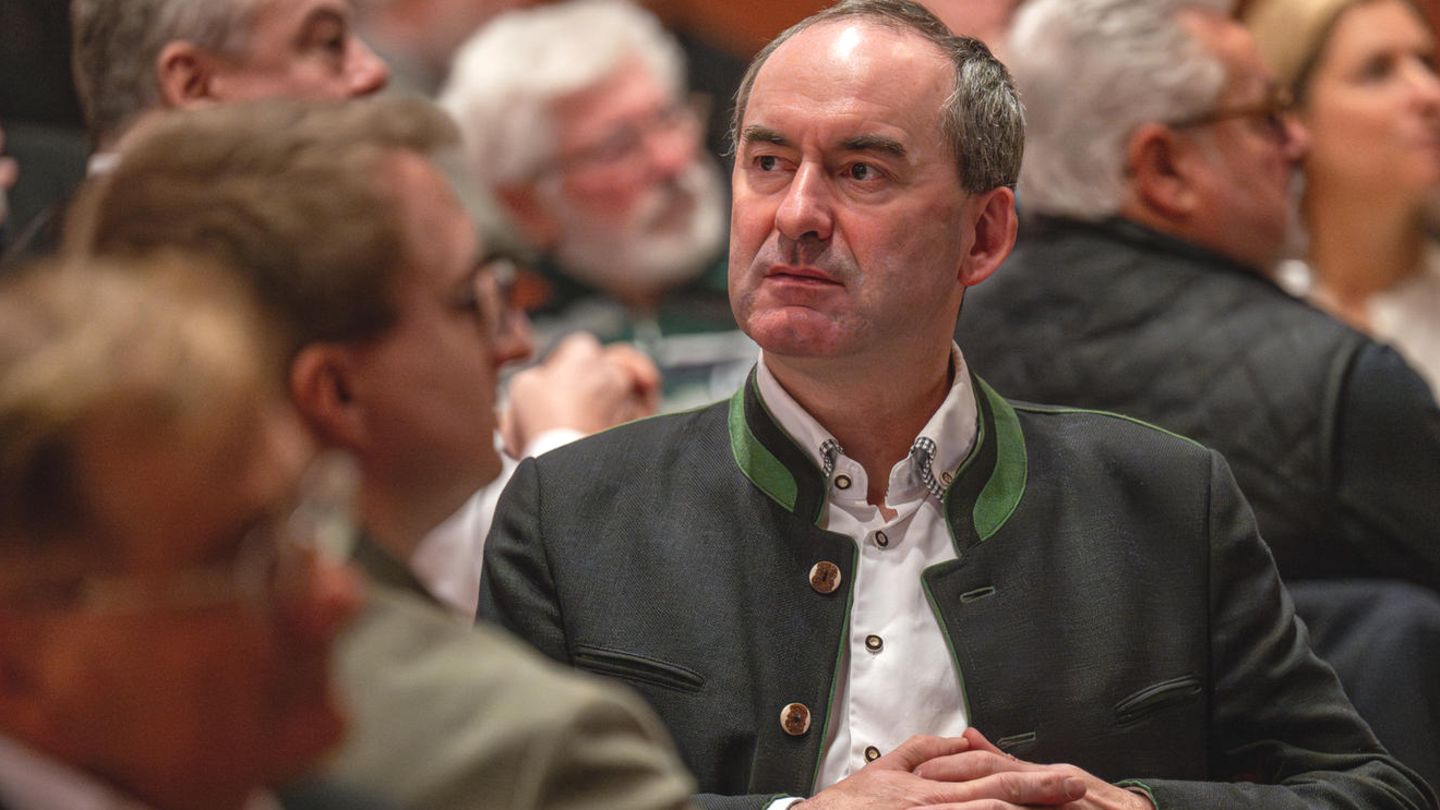column
India is leading the way: Artificial intelligence can translate political speeches into a wide variety of languages in real time. This isn’t just good news for Hubert Aiwanger, he thinks star-Columnist Nico Fried.
This column begins in India. It has been known in Germany that they can do all sorts of things with computers since Gerhard Schröder introduced a kind of green card to recruit IT specialists from there. A moderate success, which could also have been due to the fact that a country in which the state election campaign was carried out with the slogan “Children instead of Indians” did not appear to be particularly attractive for skilled workers, fortunately with even more moderate success.
Perhaps it was those Indians who thought back then: “Oh no, I’d rather not go to Germany” who have now written a program that incumbent Prime Minister Modi wants to take advantage of. It is artificial intelligence, i.e. AI. (The abbreviation has long rolled off our Germans’ tongues as easily as Haribo and BMW.) This AI, as we learned from an interesting article in the “Handelsblatt”, is called “Bhashini”, can speak 14 Indian languages and can read Modi’s TV speeches simultaneously translate.
Now we don’t want to make ourselves worse than we are. In Germany there is also an AI that the Jung von Matt advertising agency and the Hessian initiative “Open for Diversity – Closed Against Exclusion e. V.” use to help. at least subsequently translated the Federal President’s Christmas address into twelve languages. The ulterior motive was to make the head of state’s speech accessible to people with a migrant background whose language skills are not sufficient to understand him in German and who therefore probably looked sadly at their television every Christmas Eve so far. At least a few of them. The special thing about the translations: They always sound like Frank-Walter Steinmeier, even in Greek, Polish or Arabic. Steinmeier always looks like Steinmeier.
Aren’t the examples obvious?
Let us be clear: AI will change political communication, especially Indian AI will change German communication, but not the other way around. Aren’t the examples obvious? If Hubert Aiwanger could have his Lower Bavarian idiom, in which the rabbits always wear trousers, pardon: translated into standard German simultaneously with Modi’s Bhashini, almost nothing would stand in the way of his Free Voters entering the next Bundestag. Further beneficiaries could be found in Alemannic, although it would be necessary to find out whether Bhashini could also cope with polylingual expressions such as the legendary “Isch over” by Wolfgang Schäuble.
Can you write about AI without warning about the dangers? Of course not. She is always evolving. Friedrich Merz, for example, could now ask some Indians who said at the time: “Come on, what do we care about a stupid election campaign slogan, we’re going to Germany” to integrate an additional function into Bhashini. When Merz calls out “the little pashas” during the election campaign, the program automatically softens the term to “the cute rascals”. Or a sentence by Olaf Scholz on the energy transition takes on a dazzling appearance: “The wind turbine has to be done today. Fresh, fellows, be on hand.”
As an experiment, I had Bhashini defuse the next sentence: “If I have my way, Annalena Baerbock should become the Greens’ candidate for chancellor again.” You can guess the original. And who it comes from. Little tip: It’s not Hubert Aiwanger.
Source: Stern
I have been working in the news industry for over 6 years, first as a reporter and now as an editor. I have covered politics extensively, and my work has appeared in major newspapers and online news outlets around the world. In addition to my writing, I also contribute regularly to 24 Hours World.




